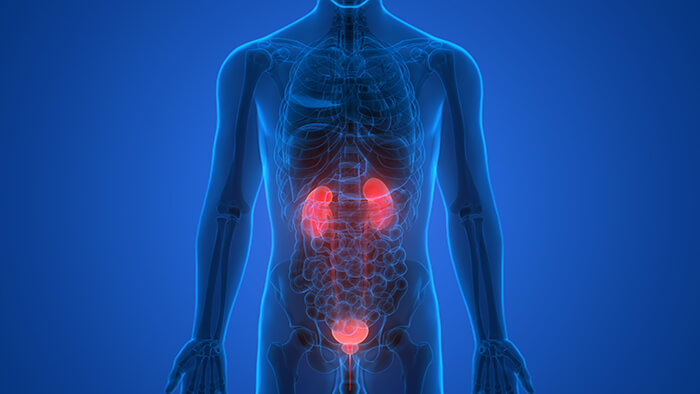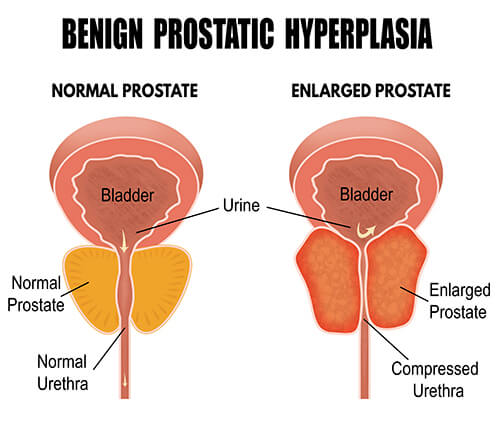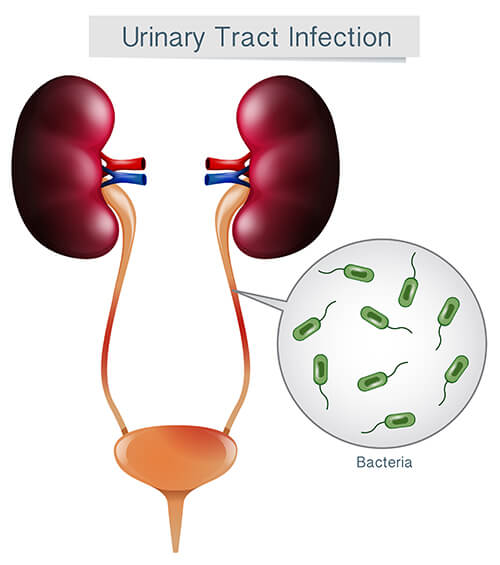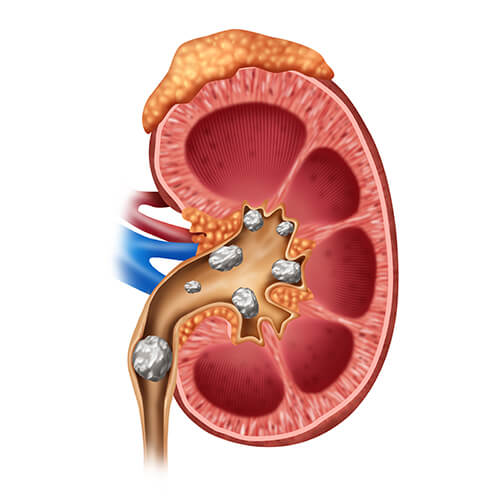
Table of Contents
What are Urinary Diseases?
The term urinary diseases describe a wide variety of conditions related to filtering and also carrying urine out of the body. Urinary diseases can affect men, women, and children of every age. Urinary diseases affect specific parts of the body. In females they involve the urinary tract, in men, it affects the reproductive organs as well. Here are some common types of urinary diseases.
Some most common urinary diseases
There are plenty of urinary disorders. The following are a selection of some diseases:
Benign Prostatic Hyperplasia (BPH)

BPH (benign prostate hyperplasia) is an enlarged prostate, it’s an increase in the size of the prostate gland. BPH is common in older men. It is not directly connected to prostate cancer. Although in some cases, BPH can increase the chances of prostate cancer.
The condition of BPH can cause uncomfortable urinary symptoms such as blocking the urine, heaviness in the bladder, urinary tract, or kidney problems. The symptoms of BPH arise due to the increased pressure on the urethra, inflammation of the prostate. Kidney stones, narrowing of the urethra, or scarring in the bladder due to previous surgery are also responsible for prostate enlargement.
The urethra is the narrow tube that carries urine from the bladder. Men suffering from BPH might experience a frequent urge to urinate. They may also feel the weak stream when they go for urination and still feel that the bladder is not empty. So, severe cases of an enlarged prostate or BPH can be treated with the help of surgery.
Also Read: What is The Best Treatment For An Enlarged Prostate?
Urinary Incontinence

Urinary incontinence is another common urinary disease where there is loss of bladder control. The problem of urinary continence results in the unwanted leakage of urine when you sneeze, cough or get the urge to urinate. The condition can be embarrassing or inconvenient. Now the question is what causes urinary incontinence?
Major causes of urinary incontinence are as follows:
- Pregnancy
- Diabetes
- Enlarged prostate
- Weak bladder muscles
- Urinary tract infections
- Injury to the spinal cord
- Severe constipation
- Weak sphincter muscles
In some cases of urinary incontinence, lifestyle changes like controlling your fluid intake can be enough to address the problem. If these approaches do not work to cure urinary incontinence, then your doctor might suggest for the surgery.
Also Read: Leaking Urine Without Knowing It – Causes & Treatment
Urinary Tract Infections (UTIs)

UTIs can be an infection in any part of the urinary tract system- kidneys, ureters, bladder, or urethra. It is the result of pathogenic bacteria that invade the urinary tract and cause the infection. Urinary tract infections are common in women, although men can suffer from them too. The burning sensation while passing urine is one of the symptoms of a UTI. Other symptoms of UTI include frequent urge to urinate and the bladder is not empty after urinating. If you notice the symptoms of urinary tract infection, immediately consult a specialist doctor. Drink a lot of water and healthy fluids to flush out harmful bacteria from the body.
Kidney and Ureteral Stones

Ureteral stones are kidney stones that get stuck in one or both ureters. Ureters carry urine from kidneys to the bladder. Ureteral stones can block the flow of the urine and cause severe pain. The larger stones can be problematic as they result in blockage. These stones form due to the chemical imbalance in the urine. Drinking a large number of fluids is highly recommended for the prevention of all kinds of stones. (Also Read: 8 signs that you have kidney stones)
You will require surgical procedures in some severe cases to remove the large stones. ESWL (Extracorporeal Shock Wave Lithotripsy) is one of the most commonly used advanced techniques to cure ureteral stones. Shock wave lithotripsy involves using sound waves to break the stones into smaller pieces. It becomes easy to flush the crushed stones out along with the urine.
Other urological diseases
Some other common urological conditions that can a lot of discomforts are:
- Bladder cancer
- Bladder prolapse
- Prostate cancer
- Overactive bladder
- Prostatitis (inflammation of prostate gland)
- Hematuria (blood in urine)
Tips to improve or prevent urological diseases

- Staying hydrated
- Staying within a healthy weight range (avoid obesity)
- Smoke-free lifestyle
- Limit fluid intake in the nighttime hours
- Strengthen muscles of the pelvic area with kegel exercises
- Limit the amount of salt and caffeine intake
- Refrain from having carbonated drinks
Most of the urinary diseases are treated with antibiotics. Besides, every human is different and not all urinary issues are severe. Therefore, you should always go for regular checkups and check for symptoms of urinary disease or problem. Make sure you tell your doctor about all the symptoms. Consult a urologist as the treatment of urinary disorders include identifying and treating the causes and symptoms. If these are urinary disorders are left untreated, it can have serious complications.
Also Read:







